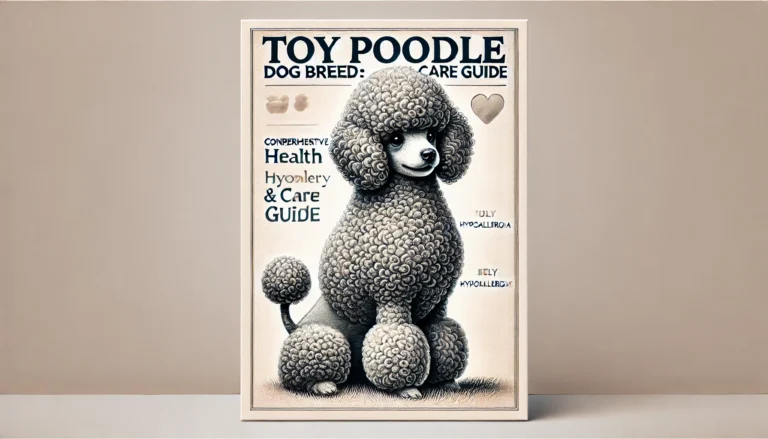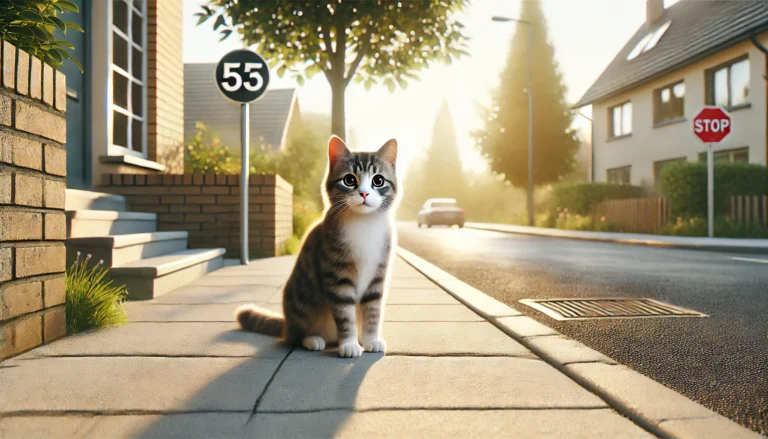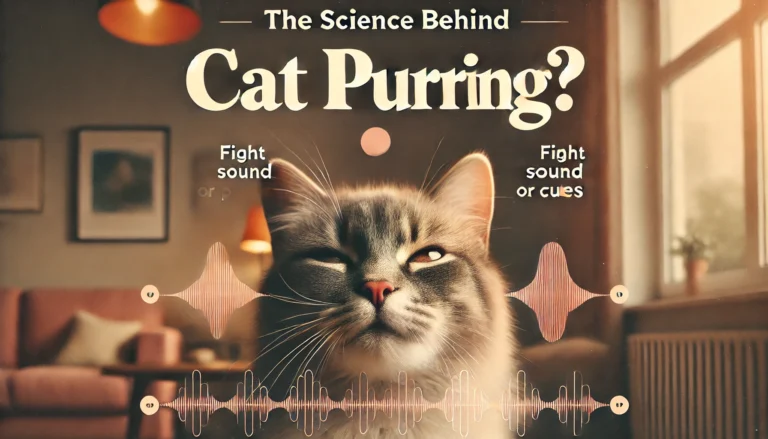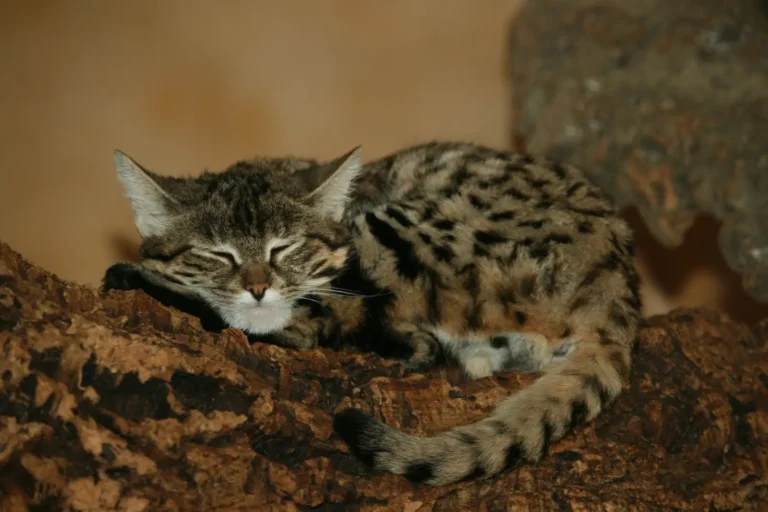Why does my cat lick me? 7 common reasons
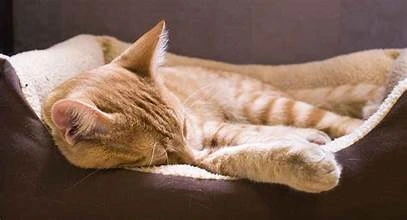
Why does my cat lick me is a most asked question. Are you searching for the reason as why does your cat lick you? As per veterinary research, there are multiple reasons of this habit. Cats have a unique and beautiful way of expressing love, indicating good health, and sometimes even showing possession through their licking habits. Although it is common for animals, especially cats, to give a lick or two to their owners on hand, leg, arm, or even face. But, there are a number of more reasons as why does your cat lick you. Let’s unravel the mystery behind your cat’s licks.
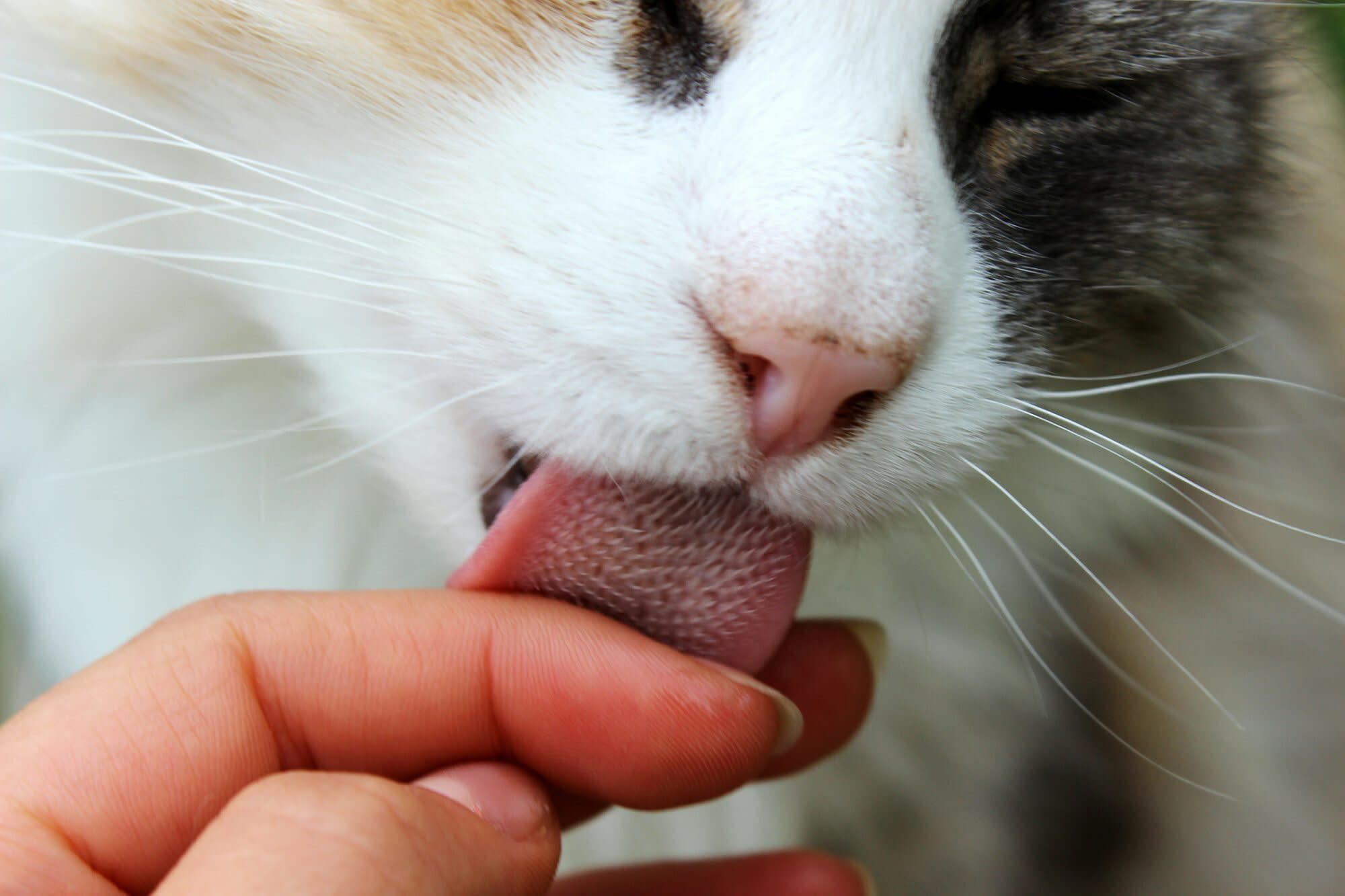
Common Reasons behind “Why does my cat lick me”?
Without any iota of doubt! Felidae family species lick for several reasons that are rooted in their natural behaviors and instincts.
- Showing love and affection: Nature has gifted unique ways to every living things to show emotions in their own language. Humans do this by speaking gentle words or by kissing. Most of fishes use dancing techniques to show love. Similarly, licking is a common way for cats to show affection towards their owners and other animals they consider part of their social group. It’s like a gentle kiss or hug in their language. It’s a god gifted gesture for them.
- Exploration and Curiosity: Tongue of a cat is just a Global positioning system (GPS) for them to track and locate things. In other words, cats use their tongues to explore and investigate their surroundings. When a cat licks you, it might be trying to gather information about your scent and taste, which helps them understand their environment better.
- Marking Territory: Cats are very much possessive about their territory and possessions. Cats have unique scent glands in their bodies especially in cheeks and tongues. When cats lick you, they are transferring their scent on your body which marks you as part of their territory. It’s a way for them to claim ownership.
- Comfort and Trust: Just like any other living thing, cats also need comfort and trust. They do this by using their naturally gifted technique i.e. Licking. Cats groom each other as a way of bonding and maintaining social harmony. When your cat licks you, it indicates that they feel safe and secure in your presence and they trust you.
- Stress Relief and attention seeking: Cats, sometimes, need attention and pampering. As said in a Persian proverb “Cat is like a baby that never gets old” Licking can be a self-soothing behavior for cats, especially when they are in a state of stress. It helps them calm down and feel more secure.
- Nutritional Reasons: Cats have a great sense of smell and a curious nature. Sometimes, cats lick humans because they like the taste of sweat or the residue of food on human skin. Similarly, such behavior is linked to their natural curiosity about different tastes and textures.
- Social Interaction: Humans have been petting cats for about thousands of years. Unless like parrots that learn to speak in order to express their feelings cats use licking as a form of social interaction among each other. It’s a beautiful way for them to communicate and strengthen bonds within their social group, which can include humans as well as other animals.
Is licking habit of cat depict illness?
Cat licking behavior can sometimes indicate illness alerts, depending on the context and frequency:

- Excessive Licking: If your cat starts licking themselves or you too much, especially in one spot, it might mean they have allergies, skin irritation, parasites, or even pain. It’s important to keep an eye on this and see the vet if it seems unusual.
- Hairballs: Cats swallow fur when they groom themselves, which can lead to hairballs. It’s normal occasionally, but if they’re gagging a lot without coughing up a hairball, it could be a sign of a problem.
- Obsessive-Compulsive Disorder (OCD): Some cats may lick compulsively, causing bald patches or skin irritation. This might be a sign of a behavioral issue like Obsessive-Compulsive Disorder (OCD), which a vet can help with.
- Medical Conditions: Licking changes can also point to issues like stomach problems, dental issues, or even neurological problems. It’s best to get these checked out by a vet.
While occasional licking is usually harmless and part of normal grooming and social behavior, it’s essential to observe your cat’s licking habits and look for any changes that could indicate an underlying health issue. Consulting with a veterinarian can help ensure your cat’s well-being and address any potential concerns early on.
Is it safe to let a cat lick you?
Occasional licking is generally safe and even beneficial in terms of bonding, it’s essential to be mindful of your cat’s health and any potential allergies or sensitivities you may have. If you have concerns about your cat’s licking behavior or its impact on your health, consulting with a veterinarian can provide guidance tailored to your specific situation.
How Can i stop my cat to lick me?
If you’re looking to curb your cat’s licking habit, here are some gentle approaches to try:
- Distraction: When your cat starts licking you, gently redirect their attention to a toy or something they enjoy playing with. This helps shift their focus away from licking.
- Positive Reinforcement: Encourage alternative behaviors by rewarding your cat with treats or affection when they’re not licking you. This teaches them that other actions get positive attention too.
- Ignore the Behavior: Cats often lick to seek attention. If you ignore them when they lick, they may eventually realize it’s not getting the response they want.
- Provide Grooming Outlets: Offer your cat grooming brushes or toys made for grooming. This allows them to satisfy their grooming instincts without licking you.
- Establish Limits: If the licking bothers you, gently move away or redirect your cat. They can learn boundaries through consistent guidance.
- Consult a Vet: If your cat’s licking seems excessive or is causing skin irritation, it’s wise to consult a vet. They can check for underlying health issues or provide behavioral advice.
With patience and positive reinforcement, you can help your cat understand acceptable behavior while maintaining a loving relationship.

